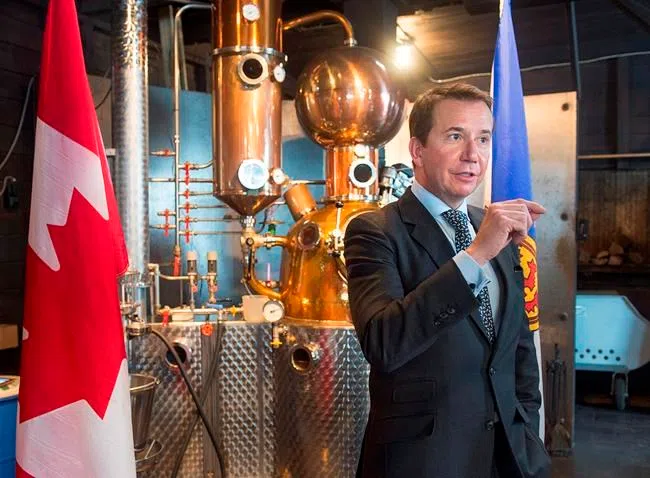
Rum, vodka, gin: Nova Scotia kindles sudden explosion of craft distilleries
HALIFAX — Nova Scotia has kindled an explosion of spirit makers — there are now 16 in Canada’s second-smallest province — through attractive craft distillery policies and collaborations with local farmers.
The Nova Scotia Liquor Corporation (NSLC) said 12 of those distilleries have popped up in the last five years, producing rum, gin, vodka and other spirits in all corners of the province.
Pierre Guevremont, co-owner of Ironworks Distillery in Lunenburg, N.S., said Nova Scotia is a leader among provinces in terms of its policies for craft distilleries, along with B.C. and Saskatchewan.
Guevremont said distilleries get favourable margins when selling through the NSLC, and an additional markup reduction when their tipples are made with entirely Nova Scotian agricultural products.
